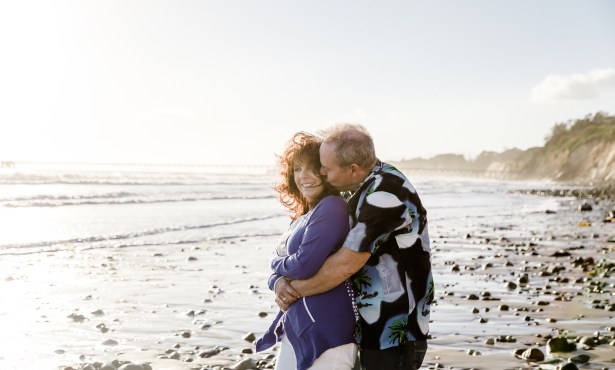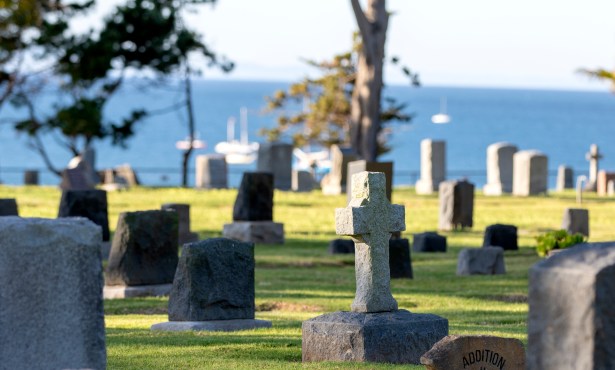The Process of Grief
How to Process the Loss of a Loved One
Sometimes it starts with a diagnosis, and there is time to prepare. And sometimes it just happens. I’m almost the same age as my father was when he died, keeling over from heart disease — death was the first symptom.
Although he died relatively young, I’ve often wondered if this was perhaps a kinder, softer way, that he was spared a protracted, slow-motion medical demise geared to prolong a quality of life that he wouldn’t have wanted.
My mother-in-law, a fiercely independent woman who taught four generations of students who uniformly loved her, died on her 95th birthday no longer capable of self-care, no longer recognizing her own children. Both deaths were heart-wrenching in a different way.
Bereavement counseling can be very helpful to process the pain of mourning. Individual, family, and group sessions are offered by VNA Health, Hospice of Santa Barbara, and the Ridley-Tree Cancer Center, as well as through specialized therapists throughout the community.
Michael Cruse, the bereavement services manager at Hospice of S.B., says that people arrive with different needs depending on the nature of their grieving. Dying people often come to counseling because they feel they cannot talk freely with their loved ones. Family members struggle with anticipatory grieving, the fear and pain of losing someone who is important to them. Sometimes clients show up five years after a death, triggered by some traumatic event that served as a catalyst. People who have mental disorders are more vulnerable when struck by grief, as it can aggravate those conditions.
Thankfully, bereavement counseling is free of charge at Hospice of S.B., available to all who need it.



